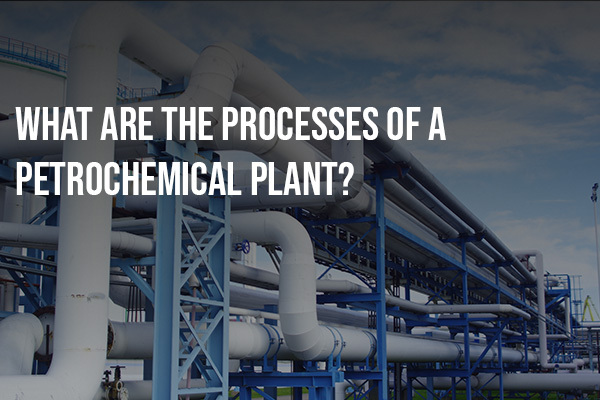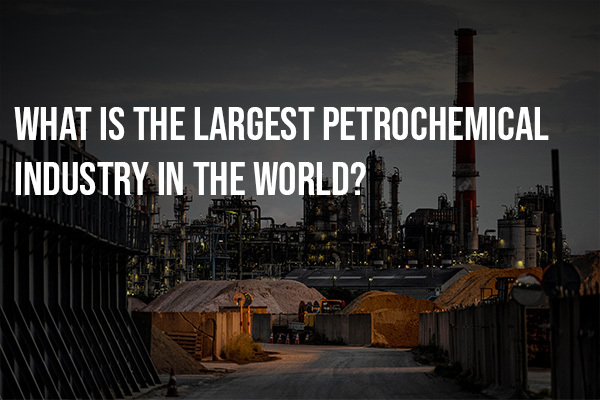Petrochemical plants are the backbone of the industrial world, converting raw hydrocarbons into essential chemicals used in everything from plastics to pharmaceuticals. However, maintaining these complex facilities requires robust strategies to ensure safety, efficiency, and longevity. One key strategy is leveraging Petrochemical Shutdown Service—a specialized approach to inspect, repair, and optimize plant operations during planned downtime.

1. What Are the Processes of a Petrochemical Plant?
Petrochemical plants operate through a series of complex and interconnected processes. These typically include:
- Cracking Units: These are essential for breaking down large hydrocarbon molecules into more valuable petrochemicals like ethylene and propylene.
- Reactor Maintenance: Chemical reactions under controlled environments are facilitated by reactors, which require careful Petrochemicals overhauling to ensure performance.
- Column Distillation: Used to separate chemical compounds by boiling points; proper Maintenance of Columns is vital.
- Agitator and Mixing Units: Ensure homogenous mixtures and consistent product quality.
- Refrigeration Systems: Maintain process stability and product integrity by keeping temperatures in check.
- Pipes and Valves: Transport and control the flow of chemicals throughout the plant.
- Storage Units: Safely hold raw materials and finished products.
Before a plant becomes fully operational, engineers perform Pre Commissioning Petrochemical services such as flushing, pressure testing, and calibration to ensure all systems are safe and functional.

2. What Are the Problems Faced by the Petrochemical Industry?
The petrochemical industry grapples with several operational and maintenance challenges:
- Equipment Wear and Tear: Due to high pressure, corrosive materials, and temperature fluctuations, Petrochemicals Rotary equipment and Petrochemicals Static equipment face constant stress.
- Unplanned Downtime: Failure to conduct timely maintenance can lead to expensive and hazardous unplanned shutdowns.
- Manpower Gaps: Specialized knowledge is required for tasks such as Maintenance of Cracking Units, Maintenance of Agitator, or Maintenance of Reactor—necessitating skilled manpower support for petrochemical operations.
- Aging Infrastructure: Older plants may require frequent inspections and repairs to remain compliant and efficient.
- Regulatory Pressures: Increasing environmental and safety standards mean more rigorous maintenance and documentation.
Petrochemical Shutdown Service becomes critical in solving these challenges by allowing thorough inspection and servicing during planned downtime, thus preventing future disruptions.

3. What is the Largest Petrochemical Industry in the World?
The largest petrochemical complex globally is located in Saudi Arabia, spearheaded by Saudi Basic Industries Corporation (SABIC). SABIC operates massive integrated petrochemical plants producing millions of tons of chemicals annually. Their operations rely heavily on routine Petrochemical shutdowns, Petrochemical annual maintenance contract arrangements, and global best practices for reliability and safety.
Enhancing Reliability with Shutdown Services
Petrochemical Shutdown Service includes a comprehensive suite of activities designed to inspect, clean, repair, and replace vital plant components. These services often involve:
- Petrochemicals overhauling of static and rotary equipment.
- Maintenance of pipes and valves, ensuring no leaks or blockages.
- Maintenance of refrigeration units to maintain proper temperature controls.
- Skilled technicians and Pre Commissioning Petrochemical teams ensuring smooth plant startups post-maintenance.
Annual shutdowns or Petrochemical annual maintenance contracts are strategic investments in long-term reliability, safety, and cost-efficiency.
